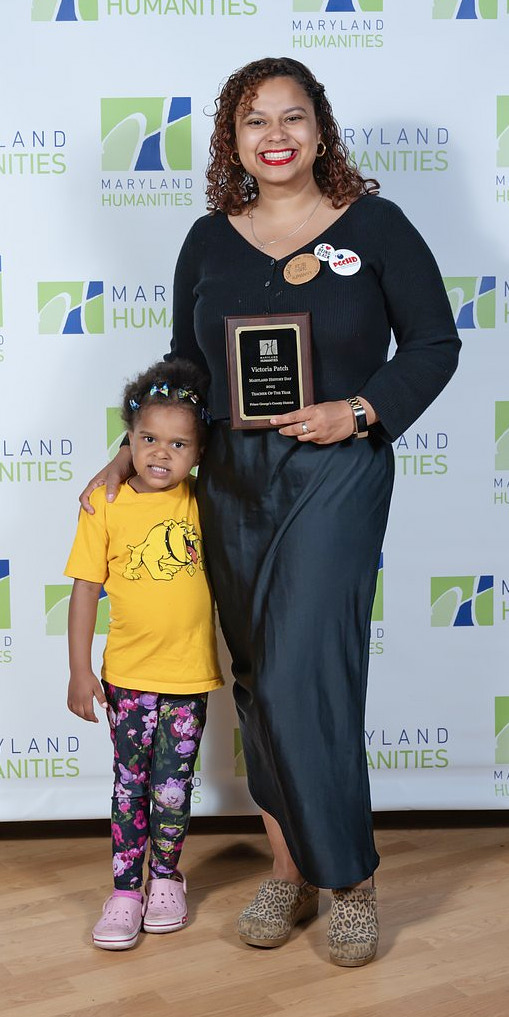On Wednesday, December 14, the Greenbelt City Council named the 21 members of the Reparations Commission one year after voters passed a referendum directing the council to establish the body. The commission will meet for the first time in January 2023 to study and put forward ideas to address the legacies of institutional oppression in Greenbelt.
The members named are Tom Adams, Chelsea Barnes, Rhema Bjorkland, Francis DeBernardo, Lorena Ferdinand, Yahshuah Ford, Joseph Hamlin, Adriane Harris, Konrad Herling, Chiquita Jackson, London McCloud, Mark Miller, Shabnam Mojtajedi, Denise Nadasen, Robert Rand, Lois Rosado, René Sewell-Raysor, Jonathan Taylor, Pamella Taylor, Sarah Wampler and James Williams, Jr., with alternates Gail Crichlow and Mark Wilson.
The Proposal
In the spring and summer of 2021, council debated the proposal by then-mayor Colin Byrd to establish a committee to study and develop reparations for Black residents. At the time, some councilmembers desired a broader inquiry addressing equality and diversity or had concerns about the city’s jurisdiction. Without enough affirmative votes to create the commission directly per charter requirement (City of Greenbelt Charter, Section 8), the council decided to place the question directly to Greenbelt voters.
In the November 2021 city election, residents were asked to vote on the reparations referendum: “The City Council of Greenbelt should establish a twenty-one (21) member Commission to review, discuss and make recommendations related to local reparations for African American and Native American residents of Greenbelt.”
Voters approved the question with 1,522 yes votes and 910 no votes.
A Diverse Group
Residents across Greenbelt, as well as business and religious leaders, submitted applications to join the commission in July and August 2022. Candidates submitted a five-page document, as well as signing the standard Code of Conduct pledge required of Greenbelt advisory board and other committee members.
To create a balanced and diverse body, the application elicited demographic information (race, gender, age, primary language, neighborhood, length of time residing in Greenbelt), as well as relevant personal background, skills and experiences. Two questions asked of all applicants were: Why are you interested in serving on the Greenbelt Reparations Commission? What do you hope to achieve by serving?
Individual in-person interviews were held with each of the 31 “uniquely qualified” applicants by the full city council in October and November. In congratulating the new commission members, Mayor Emmett Jordan stressed the challenge of the selection process, the dynamism of the new body and council’s excitement to “move ahead with this important initiative.”
Jordan recommended convening the commission in a Meet and Greet event in January. He also emphasized that the public would continue to be involved in various ways. Councilmember Byrd noted that there is a state with 39 million people that has a Reparations Task Force of only nine members. Byrd is thankful that Greenbelt has a diverse and inclusive commission to aid its deliberations.
What Are Reparations?
Reparations are processes of healing and repairing. They first affirm that a wrong has happened. This acknowledgement is an essential element that can be followed by formal apologies, efforts to make a tangible change and a pledge that it will not happen again.
The 1988 Civil Liberties Act offered a formal apology and financial compensation to over 100,000 surviving persons of Japanese descent who were incarcerated in internment camps in the United States during World War II. Another well-known example of a reparations process is the South African Truth and Reconciliation Commission, which was established to heal society-wide harms under apartheid.
Many communities in the Western Hemisphere are currently engaged in healing through reparations, such as the State of California; Evanston, Illinois; Providence, Rhode Island; and the Caribbean Reparations Commission.



